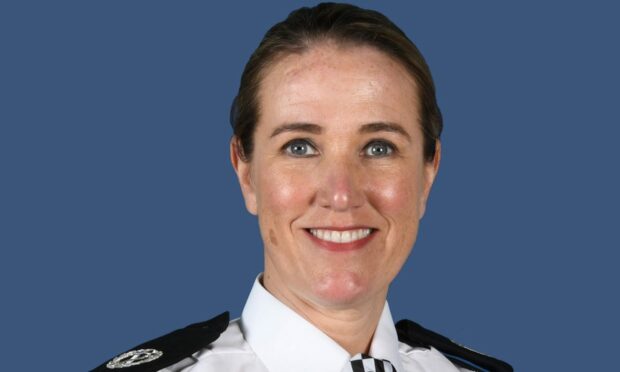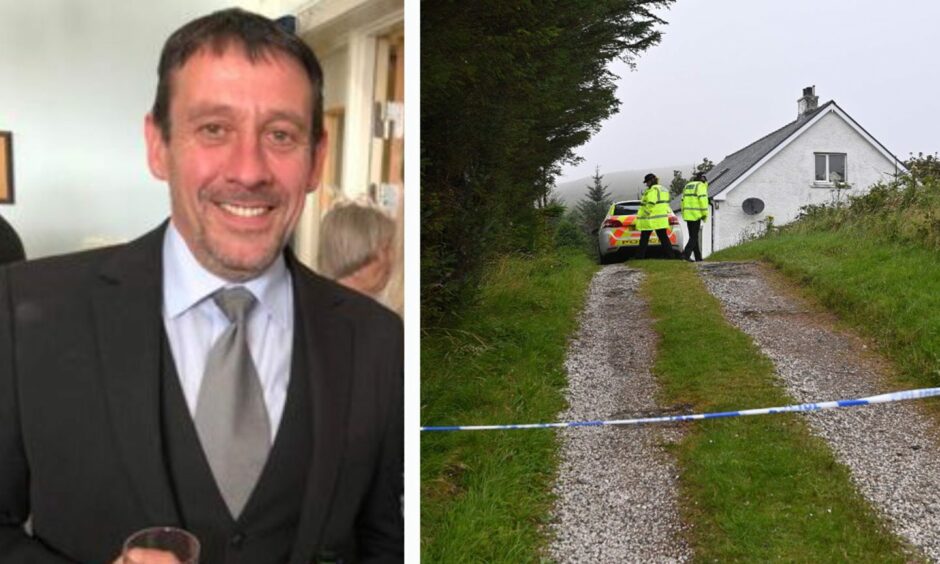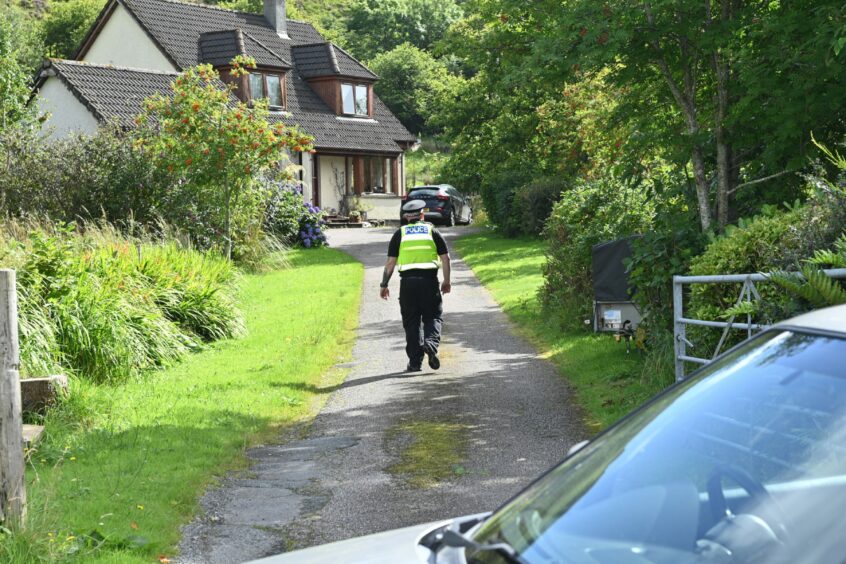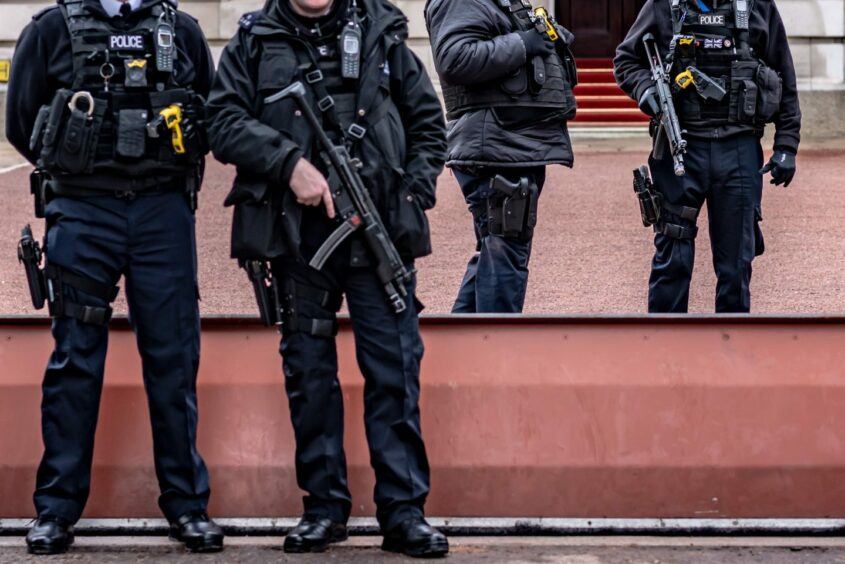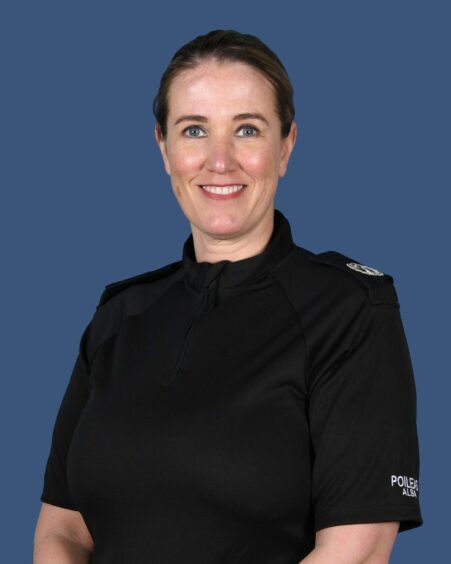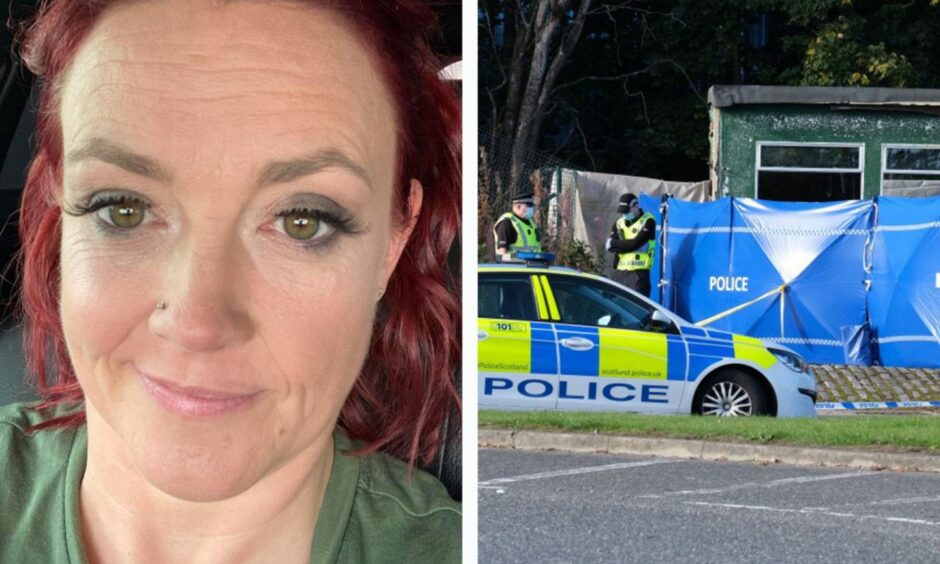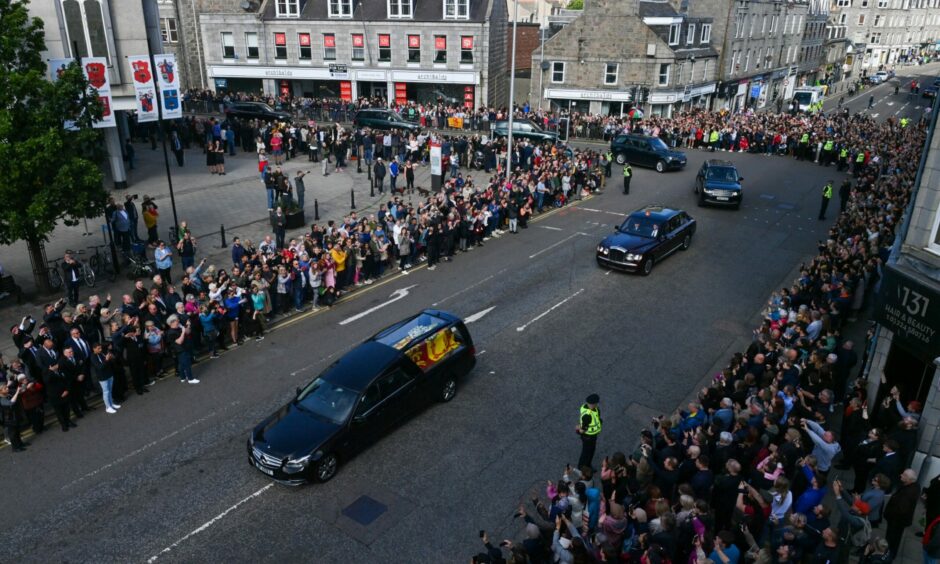The north’s new police chief has welcomed a debate on gun control following the fatal Skye shooting – and insisted women are safe on our streets after the death of Aberdeen mum Jill Barclay.
In her first interview since taking up the post in July, Assistant Chief Constable Emma Bond MBE described the job as “relentless” but “immensely rewarding”.
The high-ranking officer, who oversees policing across the north-east and Highlands and Islands, spoke about the challenges of the Skye incident, which saw father-of-six John MacKinnon shot dead and three others injured.
Finlay MacDonald, 39, from Tarskavaig, has been charged with murdering Mr MacKinnon and attempting to murder his wife Rowena, as well as local osteopath John Don MacKenzie and his wife Fay.
ACC Bond said the horrific tragedy, which started on Skye and ended at Dornie in Ross-shire, had “tested” police and community relationships.
The day after the deadly attacks, it emerged that the alleged shooter was licensed and registered to have a shotgun.
“It’s sparked a whole lot of debate around firearms licensing, which obviously we welcome in terms of wider public safety,” ACC Bond said.
“There are conversations around how fit for purpose current arrangements may be.
“We want to fully respect people who wish to and require to be firearms licence-holders and not in any way impede their rights or desires.
“But at the same time, also have public safety at the forefront of our minds, in terms of how we take our approach to that.”
She said firearms licensing challenges are “not unique” to Police Scotland, referring to her time serving in Northern Ireland’s police service.
ACC Bond confirmed that there were no armed officers on Skye at the time of the horrific incident.
“Armed response officers had been tasked and were imminently due to arrive in support of officers at the scene,” she revealed.
“They may not have been physically on the island but actually were within very close proximity to be able to provide assistance at a point, but the matter had to some extent been resolved.”
‘Content’ with firearms capability
The police boss also said she was “content” with the number of armed officers and the current system of where they’re located and how they’re moved around.
She explained that armed officers are based at hubs in Inverness, Aberdeen, Dundee and Perth, giving 24-hour coverage of the force’s north region.
“They report to the stations but could be out on patrol, so they’re not necessarily always responding, for example, from Inverness.
“If I were to place authorised firearms officers on Skye, that doesn’t mitigate the possibility of an incident arising somewhere else where they are as far away from.
“We’ve taken an evidence-based and informed decision around road accessibility, their ability to travel and we’ve got arrangements in place with partners around trying to get people to key locations when we need them as quickly as we possibly can.
“We also have officers based across a range of our local stations – Fort William, Lerwick, Stornoway and Wick – who are additionally trained to be able to perform the role of firearms officers.”
The national armed policing model is “far enhanced” from the previous system operated by Northern Constabulary, the Assistant Chief Constable revealed.
“Officers had to double-hat in terms of traffic duties. It wasn’t a 24/7 provision – it was an ‘early’ and ‘late’ – there was no night shift coverage.”
The senior officer also answered questions on the issue of women’s safety in the wake of Jill Barclay’s death.
Women in Aberdeen have planned to march through the city centre later this month to demand safer streets.
Firefighters discovered the 47-year-old’s burning body in Dyce on September 17, after the mum-of-two was allegedly attacked as she walked home from a night out.
Rhys Bennett, 22, is accused of striking Jill on the head by an unknown means and is currently awaiting trial for murder.
During his last appearance at Aberdeen Sheriff Court, Bennett, of Ballingry in Fife, made no plea and was remanded in custody.
Commenting on the case, ACC Bond said: “The murder of Jill Barclay was horrendous. Nobody should feel unsafe on our streets, be they female or male.
“I do believe it’s safe for women in our communities. We have very public statements about our commitment to violence against women and girls.
“We’ve got a lot of internal work ongoing in terms of sex equality and tackling misogyny.
‘Trying to change attitudes’
“We’re not in any way complacent. I want to be much more proactive and preventative and we work with partners across our local authorities day in and day out.
“We’ve got that ‘That Guy’ campaign, trying to change community attitudes, our own internal attitudes.”
The crime prevention campaign targets men aged between 18 and 35 years old who are most likely to commit sexual offences.
It’s designed to educate them to take responsibility for their actions and language to help effect a culture change in the hope of tackling sexual violence against women.
ACC Bond said that one of the most significant challenges, post-Covid, has been the emergence of mental health issues.
“To be perfectly blunt, we can’t police our way out of some of the issues,” she warned, as she highlighted how other public services also have a role to play.
Reflecting on her time in the post so far, the ACC said that Operation Unicorn – the policing duties that followed the death of the Queen – had been the force’s biggest-ever challenge.
The large-scale event required 4,000 officers to be deployed to oversee 100,000 spectators who were gathered along the 175-mile route of the cortege from Balmoral Castle in Aberdeenshire to the Palace of Holyroodhouse in Edinburgh.
“The focus for us was to ensure that the event took place safely and with dignity and I really believe that we did that,” ACC Bond said.
Over three days of the operation, which included many more thousands of personnel policing events across Scotland, officers made just 13 arrests.
They included offences such as low-level disorder, violence, abusive and threatening behaviour and the illegal use of drones.
ACC Bond praised her police officers who she described as having “a real emotional attachment and commitment to the job”.
And she commended their everyday “bravery” and explained that they’re “repeatedly exposed to horrific scenes” including fatal road traffic collisions and suicides.
For all the latest court cases in Aberdeen as well as crime and breaking incidents, join our Facebook group.
